Immigration Basics Series: H-1B Professional Worker
H1B Visa: Professional Worker
The H1B visa is one of the most common types of nonimmigrant work visas for foreign professional workers seeking to work with a U.S. company. The H1B visa allows U.S. businesses to employ professional foreign national workers in specialty occupations. A specialty occupation is one that requires, at a minimum:
(1) the theoretical and practical application of a body of highly specialized knowledge, and
(2) a Bachelor's degree or higher in a specific field. For example, positions in engineering, mathematics, business specialties, accounting, law, and architecture are specialty occupations.
H1B Visa Eligibility
For a prospective employee to perform work inside the U.S on an H1B visa, a U.S. employer must file an H1B visa petition with the USCIS. An employer is defined as an entity that engages a person to work within the U.S. and maintains an employer-employee relationship under which it may hire, pay, fire, and supervise the employee or otherwise control the work he or she performs.
The employee must have the correct background and required matching degree (bachelor’s or higher), except in rare circumstances where they may be able to qualify based on years of qualifying experience (3 years of professional experience would equate to one year of education).
Lastly, the job itself must also meet certain requirements. A bachelor’s degree or higher must be the minimum requirement for the position within the industry. In addition, the position must pay at or above the prevailing wage in the local geographic area for a similar role.
H1B Visa Approval Period
Initial approval: up to 3 years
Extensions: 3-year increments
Maximum period of stay in H1B time: 6 years
Extensions beyond the maximally allowed 6 year period of stay in H1B status are possible but will depend on whether the employee is in his/her permanent residence (green card) process.
H1B Visa Dependents obtain H4 Visas
The spouse of the H1B worker, as well as any children under 21 years of age, are eligible for a dependent H4 visa. The H4 visa status is reliant on the principal H1B maintaining valid H1B status at all times. H4 family members are able to study in the U.S. but are generally not permitted to engage in any form of employment. In certain cases, where the H1B visa holder has reached certain milestones in the green card process, dependent spouses with H4 visas may apply for work authorization.
H1B Visa Costs
USCIS H1B Petition filing fees: $460 for base filing fee, $500 for anti-fraud fee, $750/$1,500 for H-1B training fee.
Ancillary costs: Government expedite fees, degree evaluations and translation fees (if applicable).
Special Considerations for H1B Visas
Foreign nationals who have never held H1B visa status are subject to the annual numerical cap on H1B visas. In recent years, H1B visa demand has consistently and significantly outpaced supply. As a result, cap-subject H1B petitions are randomly selected for processing by an annual computerized lottery, and must thus be filed during a specific period every year: the first five (5) business days of April. Timing and luck are therefore critical for first-time H-1B beneficiaries. Ideally, preparation should begin in January of the application year or earlier. Note that if selected in the lottery, the earliest possible date that the beneficiary could begin working on the H1B will be on October 1 of that given year.
Next Step: Get Help Understanding The H1B Visa
To speak with experienced corporate immigration counsel and California Bar Certified Legal Specialist in Immigration Law, Hendrik Pretorius, please click here to select a time that works for you. Thank you!
Disclaimer: The information provided here is not legal advice and does not purport to be a substitute for advice of counsel on any specific matter. For legal advice, you should consult with an attorney concerning your specific situation. Legal standards and rules often change.


